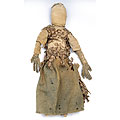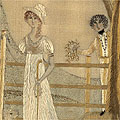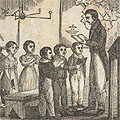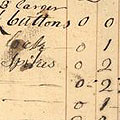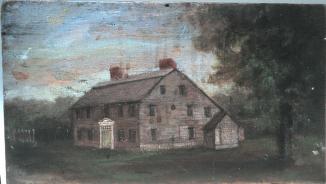
The population of Britain's former North American colonies continued to expand in the years after the American Revolution. Towns grew while new and existing cities experienced unprecedented growth. American settlement had pushed beyond the eastern seaboard and now included the lands west of the Mississippi River. Better roads and an expanding national postal service encouraged communication. A new sophistication characterized political thinking as differing opinions emerged regarding first the wisdom of a Revolution, and later what kind of government should replace the colonial examples.
These developments produced important effects on family life. Men and women redefined their roles to meet the social, economic and political demands of a new government and society. Childrearing methods reflected new beliefs about children. Opportunities for education increased to meet the republic's need for an educated citizenry. Technological advances and an expanding economy allowed even ordinary people to indulge in customs and goods formerly available only to the wealthy. The nuclear family might now be housed in a home with neo-classical or Greek Revival details with curtains at the windows and carpets on the floor.
"Old House in Essex, MA," c. 1884, by Agnes Higginson (1810-1888)
See the Digital Collecton for further information.
|






